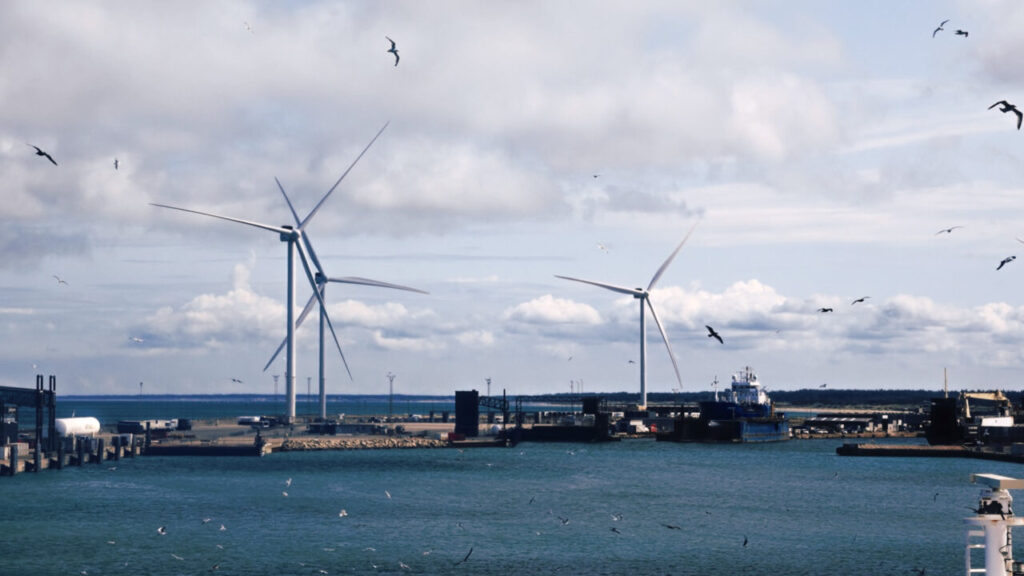NatPower Marine has announced a £3 billion clean energy port plan. It will invest £100 million across Peel Ports Group’s UK and Irish ports to develop the ‘UK’s first’ commercial electric ship charging network.
Investment in Peel Ports’ network is the first step in NetPower Marine’s plan to build a global charging network with 120 ports by 2030. The network will support electric propulsion and cold ironing, the process of accessing clean power while docked.
The collaboration will see this infrastructure installed at all eight ports operated by Peel Ports. The plan also includes installing electric car, van and HGV chargers for commercial EVs passing through the ports.
Supporting Peel Ports’ ambitions for Heysham Port in Lancashire to become the UK’s first ‘net zero port,’ the proposals identify the first Irish Sea routes as Belfast-Heysham and Dublin-Birkenhead.
Over 3,000 vessels cross the Irish Sea yearly, causing huge emissions. According to the company, Heysham Port has already reduced emissions from its landside plant, equipment and vehicles by up to 90%.
Claudio Veritiero, CEO at Peel Ports Group, said: “The proposals presented as part of this partnership are potentially game-changing, and fully support our ambitions to become a net-zero port operator by 2040.
“We look forward to working closely with NatPower Marine to explore the possibilities for establishing the first green shipping corridor between the UK and Ireland, and further enabling support for our customers, shipping lines and hauliers as they transition to a greener future.”
The shipping sector generates more than 3% of global CO2 emissions, a proportion of which comes from docked ships.
Stefano Sommadossi, CEO at NatPower Marine, said: “NatPower Marine is investing to deploy the largest global network of charging points to help solve the ‘chicken and egg conundrum’ facing this industry: shipping lines cannot electrify their vessels if port charging infrastructure is not available, and ports are unable to raise capital for charging infrastructure without certainty of demand from shipping lines.
“With marine trade set to triple by 2050, we urgently need to build the global network of clean energy charging infrastructure the industry desperately needs. Our partnership with Peel Ports Group is the first step in this strategic approach to accelerate the adoption of clean energy in shipping and help cargo owners to reach net-zero.”
NatPower Marine’s approach removes the barrier of upfront investment (or lack thereof), leveraging its own financial backing to build clean energy infrastructure. Once shipping lines transition their fleets, they will purchase clean charging services directly from NatPower Marine at port.
In March, NatPower UK, another arm of NatPower Group, announced it would invest £10 billion in the UK battery energy storage sector to bring online over 60GWh of capacity by 2040. Our sister site, Solar Power Portal, reported the news.
UK green transport
The Association for Renewable Energy and Clean Technology (REA) published a report on Freeport East’s Green Transport Hub strategy that would see Freeport East leverage its position as a major UK transport hub to become a ‘Green Transport Hub’.
REA reported that Freeport East stands to benefit from the UK government’s energy transition plans, which, for energy supplies, target investment and growth in nearby offshore wind, low-carbon hydrogen and nuclear power.
For transport, the plans target an acceleration to zero-emission surface vehicles and green fuels for shipping and aircraft.






